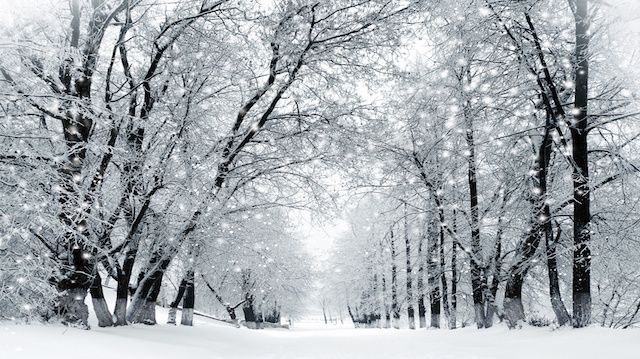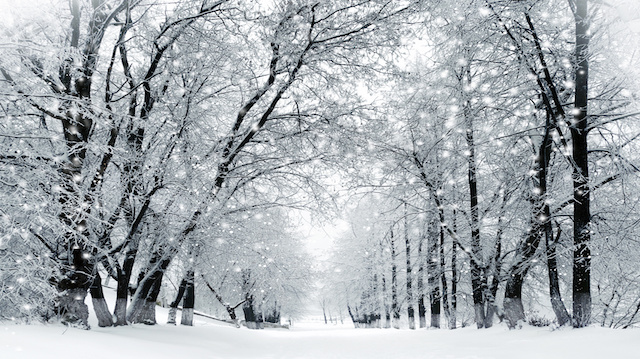
A wide variety of winter health myths fill the vast ocean of information on the Internet around this time of year. However, some of them may be as fictional as Rudolph the Red-Nosed Reindeer and his other antlered aviators. Busting a few health myths may help you to enjoy the wintry wonderland a bit more.
Let’s take a look at some of the most common, and bizarre, winter weather myths out there.
“It’s unhealthy to exercise in the cold.” Keeping up your fitness level may be a bit more challenging as the days get colder. However, you can no longer use cold weather as an excuse to skip your daily exercise outside. Researchers from the U.S. Army Research Institute of Environmental Medicine in Massachusetts examined the association between running times and weather.
Their findings, published in Medicine and Science in Sports and Exercise (2007), found that running times actually slowed when the weather shifted between five to 25 degrees Celsius (41 and 77 degrees Fahrenheit).
“Cold weather causes hair loss.” In fact, the opposite has been found to be true, according to a study published in Dermatology (2009). Researchers at the Department of Dermatology, University Hospital of Zürich in Switzerland analysed hair loss in 823 women over a period of six years. They found that the women lost the least amount of hair in the winter. The highest hair loss rates among the study’s participants occurred during the summer months.
“You lose most of your body heat through your head.” This is an old myth that has caused mothers across America to discipline their children for decades. Going outside without a hat on, but the rest of your body winter ready, may cause you to lose heat through your head. However, there are no findings to confirm that the head loses any more heat than the rest of the body. Any weather-exposed area of your body will lose heat.
 “Cold weather increases your risk for a cold.” It is possible that this is, in fact, a winter weather myth. The Mckinley Health Center at the University of Illinois, Urbana-Champaign states, “Many different types of viruses, which are present in your nose and throat, cause colds. You are more likely to get colds or other infections when you don’t get enough sleep, eat poorly, or spend time with people who have colds.”
“Cold weather increases your risk for a cold.” It is possible that this is, in fact, a winter weather myth. The Mckinley Health Center at the University of Illinois, Urbana-Champaign states, “Many different types of viruses, which are present in your nose and throat, cause colds. You are more likely to get colds or other infections when you don’t get enough sleep, eat poorly, or spend time with people who have colds.”
“No need for sunscreen in the winter.” If you use sunscreen during the summer to prevent your skin from burning, then don’t stop in the winter. The sun is actually closer to the earth during the winter months, Dr. Robert Guida, a New York plastic surgeon, told CNN. Snow and ice can also reflect roughly 80 percent of harmful ultraviolet rays.
However, be sure to choose a natural sunscreen, as many of the conventional types contain harmful chemicals. For short periods of exposure to sunlight, a light layer of organic coconut oil may be all you need — this oil offers mild UV protection.
Don’t let winter weather myths slow you down this season. Get outside and enjoy some of the most beautiful months of the year with friends and family. If you have a wintry getaway planned this year, you may wish to put a few of these busted health myths to rest, so you can make the most of your vacation.
What are a few other winter weather myths that you have busted?
—The Alternative Daily
Sources:
http://europepmc.org/abstract/med/17473775
http://www.ncbi.nlm.nih.gov/pubmed/19407435
http://www.mckinley.illinois.edu/handouts/cold_facts.htm

